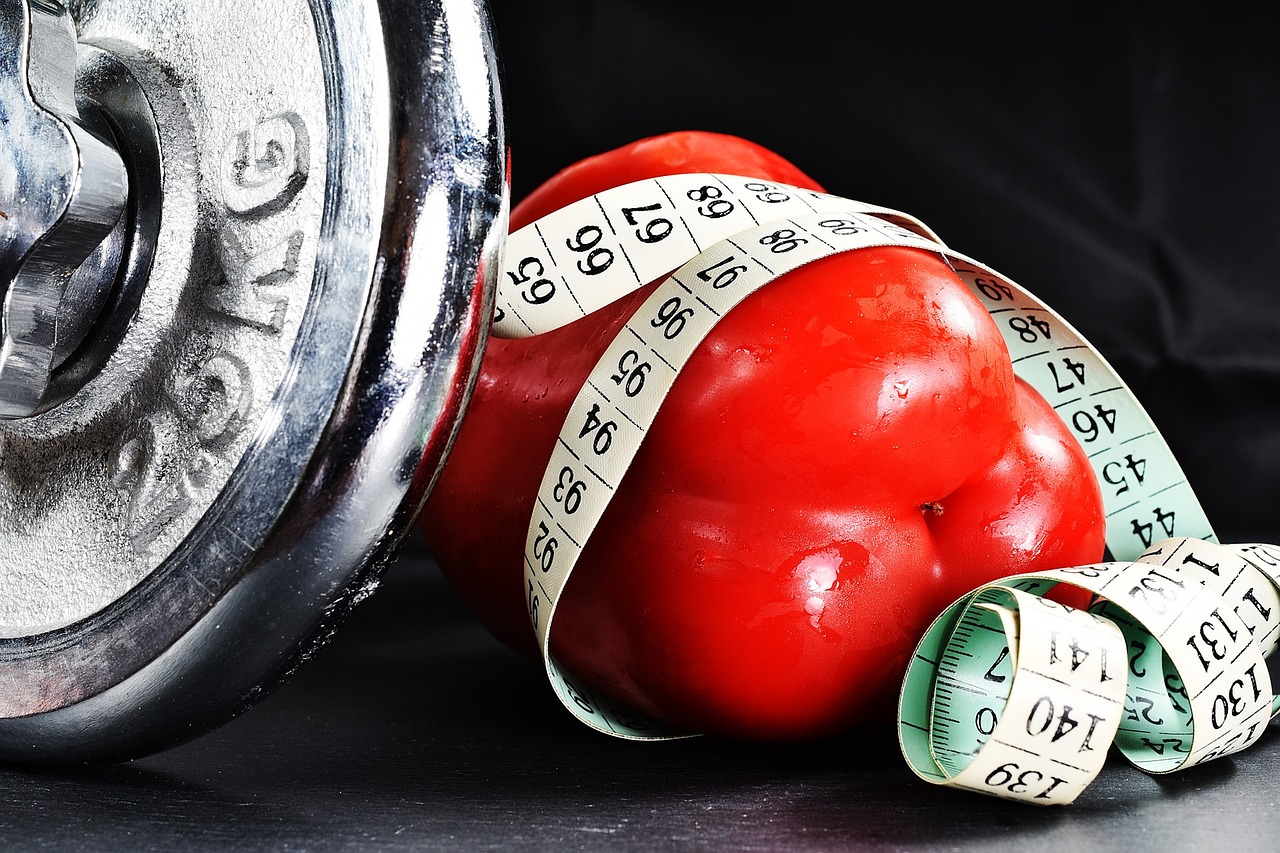Hydration is often overlooked when discussing weight loss strategies, yet its importance cannot be overstated. Proper hydration is crucial for overall health and plays a significant role in supporting weight loss efforts. This article explores the various ways in which staying hydrated can aid in losing weight and maintaining a healthy lifestyle.
1. Water as an Appetite Suppressant: One of the simplest ways hydration supports weight loss is by acting as a natural appetite suppressant. Often, feelings of hunger can be mistaken for thirst. By drinking an adequate amount of water throughout the day, you can reduce the likelihood of unnecessary snacking and overeating. This can ultimately lead to consuming fewer calories and supporting a caloric deficit necessary for weight loss.
2. Boosting Metabolism: Studies have shown that drinking water can temporarily boost the body’s metabolism. This effect is particularly notable when consuming cold water, as the body expends energy (calories) to heat the water to body temperature. While the metabolic increase is modest, over time, it can contribute to burning more calories throughout the day, aiding in weight management.
3. Facilitating Exercise Performance: Proper hydration is essential for optimal physical performance during exercise. When adequately hydrated, your muscles and joints are lubricated, helping you to exercise more effectively and for longer durations. This allows for greater calorie expenditure during workouts, which is crucial for weight loss.
4. Eliminating Toxins and Waste: Water plays a vital role in the body’s natural detoxification processes. Adequate hydration supports the kidneys and liver in flushing out toxins and waste products from the body. When these organs are functioning optimally, it can promote better overall health and potentially aid in weight loss.
5. Maintaining Fluid Balance: Hydration helps to regulate fluid balance in the body. When you are dehydrated, your body may retain water, leading to bloating and water weight gain. By staying well-hydrated, you can help prevent this water retention and maintain a more consistent body weight.
6. Improving Digestion and Nutrient Absorption: Water is essential for the digestion and absorption of nutrients from food. It helps break down food particles and aids in the transport of nutrients throughout the body. Proper digestion and nutrient absorption are crucial for overall health and can support weight loss by ensuring your body receives the essential nutrients it needs to function optimally.
7. Enhancing Fat Loss: Studies have suggested that adequate hydration may enhance the body’s ability to metabolize fat. When combined with a healthy diet and regular exercise, staying hydrated can potentially promote fat loss and contribute to a leaner body composition.
Practical Tips for Staying Hydrated:
- Drink water throughout the day, aiming for at least 8-10 glasses (about 2-3 liters) depending on individual needs and activity levels.
- Carry a reusable water bottle to make it easier to track your water intake and stay hydrated on the go.
- Incorporate hydrating foods such as fruits and vegetables into your diet, as they contain high water content.
- Monitor urine color; pale yellow or clear urine usually indicates adequate hydration.
Conclusion: In conclusion, staying hydrated is not only essential for overall health but also plays a crucial role in supporting weight loss efforts. By incorporating adequate hydration into your daily routine, you can benefit from improved appetite control, enhanced metabolism, better exercise performance, and overall well-being. Combined with a balanced diet and regular physical activity, hydration can be a powerful tool in achieving and maintaining a healthy weight.
Remember, while hydration is important, it is just one aspect of a comprehensive approach to weight loss. Consistency in healthy eating habits, regular exercise, and adequate sleep are equally vital components of a successful weight management plan.
